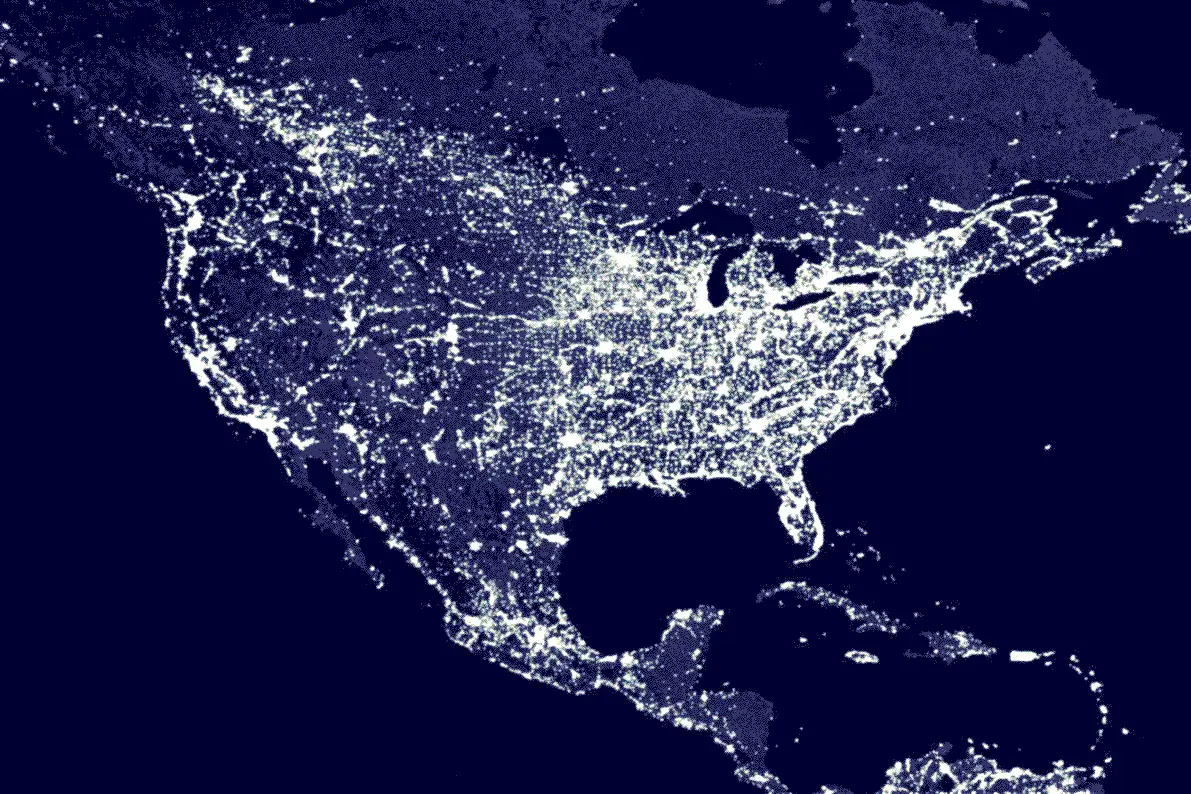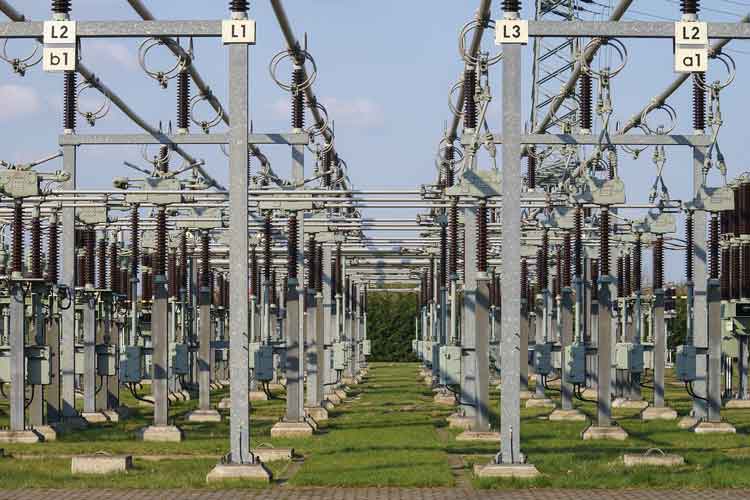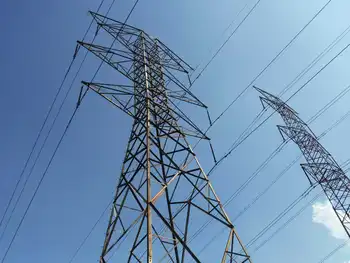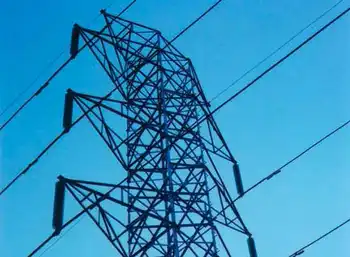California utility drops Arizona leg of planned line
Southern California Edison said it's halting separate efforts to win approvals from Arizona and federal regulators. The project had been approved by California regulators but rejected initially by the Arizona Corporation Commission.
Rosemead, Calif.-based Edison had taken preliminary steps toward a formal application for the Devers-Palo No.2 project with the Federal Energy Regulatory Commission.
That move was the first by a U.S. utility under a 2005 federal law that allows federal regulators to approve a transmission line even if state regulators rejected it.
The full 270-mile line would have stretched from the Palm Springs area of California to near the Palo Verde Nuclear Generating Station west of Phoenix in Arizona.
Changed circumstances reduce the project's projected economics benefits, Pedro J. Pizarro, executive vice president of power operations, said in a letter to an Arizona regulator.
The factors are anticipated new energy generation projects in California, lower fuel prices and reduced growth for power demand, Pizarro said. "This analysis reveals that the Arizona portion of the project today cannot be justified as an economic investment funded by California consumers," he said.
However, Edison will resume consideration of the Arizona portion of the project "if further analysis supports the approach," Pizarro added.
Arizona Corporation Commission members had balked at the project, saying it had economic and environmental drawbacks for their state. Those included the prospect that increased demand for Arizona-generated power would hike prices for in-state consumers.
Commission Chairman Kris Mayes said that Edison's move wasn't a surprise.
"The economics didn't work for Arizona consumers two years ago and they don't work for California's today. It just wasn't meant to be," she said.
However, Mayes said she expects that other utilities or entities will propose building new transmission capacity to serve new generating facilities in Arizona.
"I think that others will step in where others have vacated," Mayes said. "We're just seeing a tremendous amount of interest from potential solar developers in the desert between Phoenix and Blythe."
Related News

Military Is Ramping Up Preparation For Major U.S. Power Grid Hack
WASHINGTON - The U.S. Department of Defense is growing increasingly concerned about hackers taking down our power grid and crippling the nation, which is why the Pentagon has created a $77-million security plan that it hopes will be up and running by 2020.
The U.S. power grid is threatened every few days. While these physical and cyber attacks have never led to wide-scale outages, attacks are getting more sophisticated. According to a 494-page report released by the Department of Energy in January, the nation’s grid “faces imminent danger from cyber attacks.” Such a major, sweeping attack could threaten “U.S. lifeline networks,…





